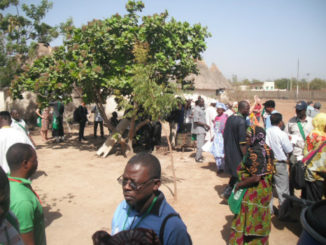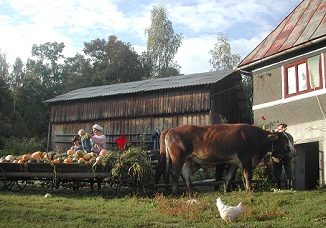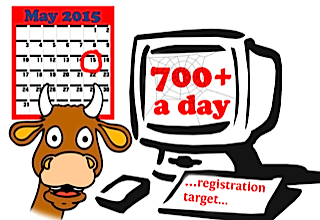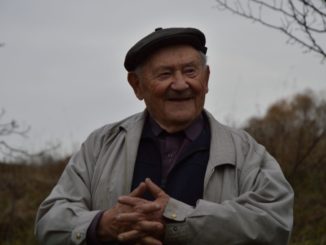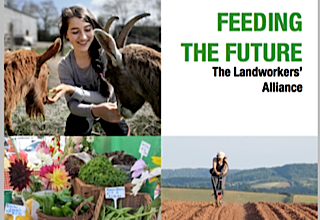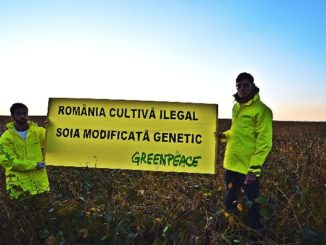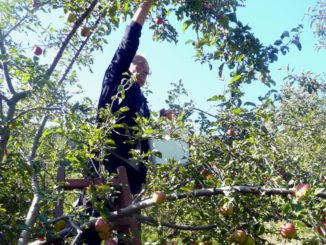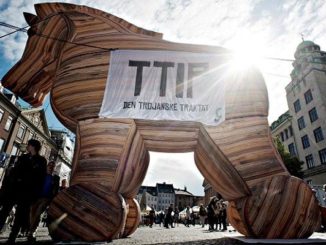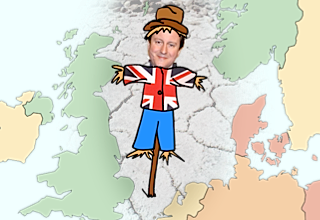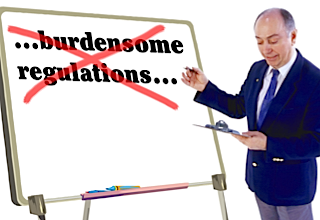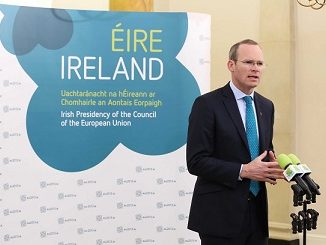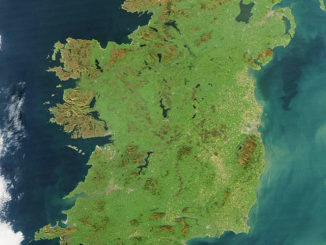Updates from EU Member States, including reports from ARC Web Correspondents
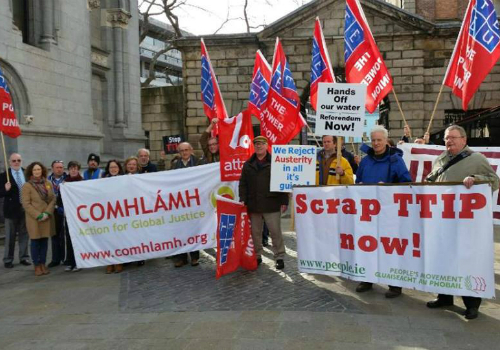
TTIP: “very negative impacts” says Irish Farmers Association
As EU Trade Commissioner Cecile Malmstrom visited Ireland last Friday, The Irish Farmers Association (IFA), Ireland’s largest farming organisation, has expressed serious concerns about the transatlantic trade and investment partnership, TTIP. The organisation made reference to newly published Copenhagen Economics report, commissioned by the Irish government, which identifies, in the words of IFA President Eddie Downey “very negative impacts for Ireland’s vital beef sector”. According to the IFA “following a meeting yesterday with the authors of the report, both Copenhagen Economics and officials from the Department of Enterprise Trade and Employment accepted that TTIP presented very significant risks to both our beef and white meats sector.” Beef is the largest agri-food sector in Ireland, employing over 70,000. The Copenhagen Economics report was commissioned to assess the potential impacts of TTIP on Ireland. While positive on potential jobs growth, citing up to 10,000 new jobs for Ireland, it also predicts that the Irish beef sector will be badly hit by TTIP. The IFA’s new position paper on TTIP says “as a fundamental principle, EU negotiators must insist on equivalence of standards. […]

